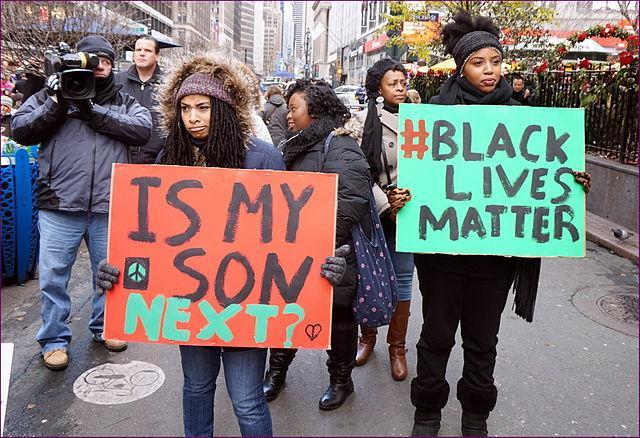There isn’t a limit on the amount of times a person can identify racism, and truthfully, society doesn’t recognize it enough. Any person who believes the apparent overuse and misuse of the word “racism” leads to more racism clearly doesn’t understand the true meaning of the word.
The Daily Reveille columnist Jacob Maranto’s recent column “Overuse, misuse of the term ‘racism’ can lead to more issues,” prompts me to believe not everyone understands racism. Though he agrees racism is morally wrong, he argues the definition is oftentimes altered to fit particular agendas, leading to “imagined” racism.
Everyone needs to realize racism isn’t as simple as disliking a person because of the color of their skin. Merriam-Webster defines racism as the belief a particular race has superiority, but also as “a doctrine or political program based on the assumption of racism and designed to execute its principles.”
Many people either don’t understand or refuse to acknowledge the second part of the definition because if they did, they’d comprehend black people cannot be racist. We don’t possess the tools, resources or power to implement racial oppression — we can be prejudiced but not racist.
There is no such thing as reverse racism. Not only is it completely offensive to compare Black Lives Matter to alt-right groups, but the two have far different goals. White supremacist groups fight for the empowerment of white people, whereas BLM fights for equality.
Maranto believes the frequent use of the word “racism” places different races against each other, but I beg to differ. People often refer to Donald Trump as racist, yet, such name calling is not the reason for racism. However, President Trump referring to the white supremacists in Charlottesville as “very fine people” and an athlete peacefully protesting racism as a “son of a bitch” is a clear display of racial demagoguery. The president is interjecting into sports, the one thing which brings Americans together, and that is indeed placing races against each other.
Black people do not believe all white people are racist, but we also don’t think the only racists were the white men who owned slaves. Maranto, and others alike, view racism as something focused on individualism when it’s also institutional and systematic. Though the latter is more subtle, it is equally as detrimental. While people may not display individual racism, it doesn’t mean they don’t support institutionalized racism. If you are a frequenter of establishments like Reggie’s bar, then you’re a supporter of institutional racism. The concept isn’t difficult.
Let’s not forget white silence is violence. Those who do not actively, vocally support equality are detrimental to progression in this country.
Even as an oppressed and marginalized community, black people need to take on the responsibility of educators. Since African-Americans have always been exposed to racism, we often assume people would at least understand the definition of racism. However, I’ve begun to notice that is not a plausible assumption because many people have no idea what they’re talking about.
Maranto mentioned there’s been no other time in history where so many ethnicities have been able to peacefully coexist with each other. I disagree with his statement, and it proved to me he wants to limit talks of racism as a way to maintain the “peace.” Societal conversations regarding racism are needed for progression; they bring about awareness to grave issues. It allows people to converse about a frowned-upon or uncomfortable topic. And really, that’s the thing: it’s not about the word being overused. It’s about people’s level of comfortability. In recent decades, people have been taken out their comfort zones and the norm has been altered. Black people are no longer going to sit around while we’re treated as less, and that makes people uneasy.
If African-Americans, along with all marginalized communities, received equality and justice tomorrow, there would be peace. I promise black people do not want to be oppressed — we don’t want to get paid less, sit in jail for small drug charges or receive a subpar education. Yet, the energy and dedication black people have put forth to changing this status quo is seen as intimidating. Though Maranto would disagree, African-Americans are oftentimes purposefully dealt roadblocks and that’s because the majority sees the extraordinary potential of the minority.
Racism-related discussions will not control 100 percent of my conversations. Nevertheless, if a black person wants to talk about the constant injustices they face from sunrise to sunset, then they have every right to do so. Attempting to limit a person from speaking about the centuries-long inequalities their race has faced is one of the clearest forms of white privilege.
Clarke Perkins is a 21-year-old political science senior from New Orleans, Louisiana.





